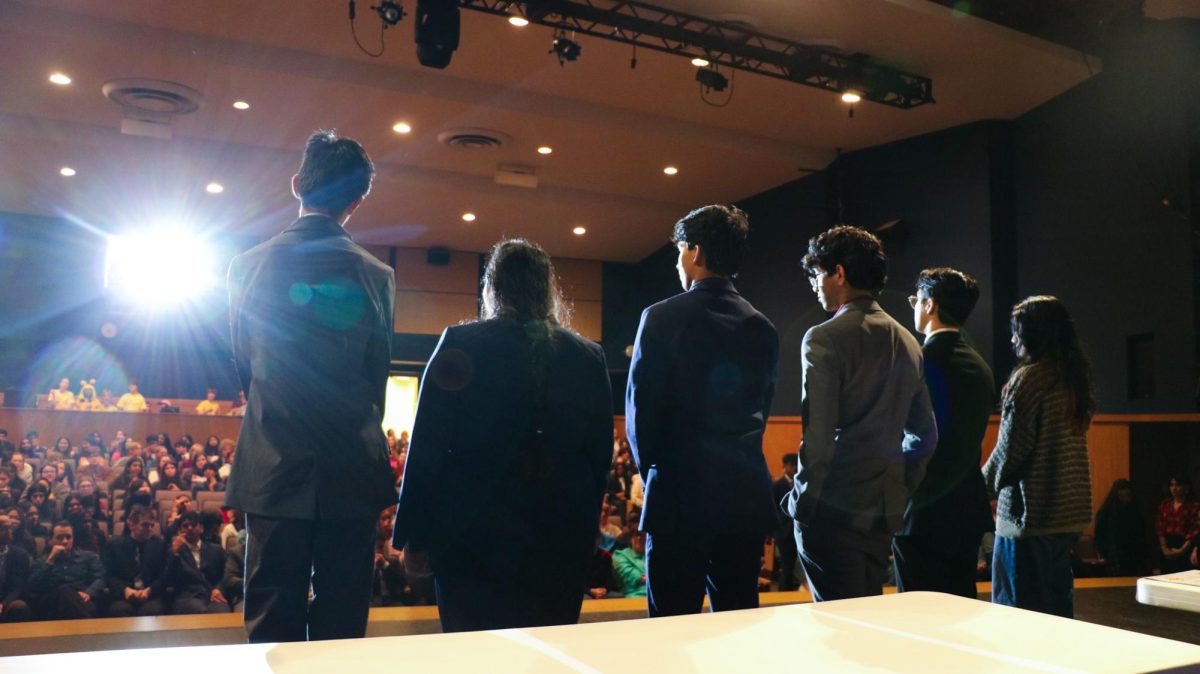In America, history is tangible. You can walk upon the battlefield at Gettysburg. You can hear John F. Kennedy debating with his advisors about how to handle the Cuban Missile Crisis on tapes available at at his Presidential library. You can touch the Statue of Liberty.
In St. Louis the place to have concrete interactions with our state’s history is at the Missouri Historical Society (MHS) Library, located on Skinker Blvd, which contains hundreds of thousands of historical documents and artifacts .
I am always particularly excited to visit there, as each time I walk away with an improved, more intimate understanding of my state’s history. Yes, it is amazing to analyze a speech written and delivered by Thomas Hart Benton in the United States Senate in1854 discussing the benefits of popular sovereignty in Kansas and Nebraska. Yes, it is amazing to read a summary of the Dred Scott v. Sanford Supreme Court case published in 1857. Yes, it is amazing to turn the pages of a first edition copy of Mark Twain’s Tom Sawyer.
But what moves me most is a plaque hanging above a bookshelf not far from the library’s reference desk engraved with these words: “Martin Luther King Jr., spoke in this room on November 27, 1960, and delivered a lecture to an audience of over 2,000 persons.”
Naturally, the first time I read this plaque I was eager to examine the speech King gave. Perhaps, if I was lucky, I would be able to touch a copy of the manuscript and run my fingers across the handwriting of our country’s foremost Civil Rights Leader. Best of all, I was only steps away from a friendly librarian.
However, I was dismayed when he told me that not only did the library not have a copy of the speech but that no copy is known to exist, and the library’s many efforts to locate one have been futile.
How could there not be even a brief description of the content of the speech somewhere within the four levels of storage space throughout the building?
When I returned to the library the next week I was hopeful that somehow a copy had been located in my absence or that the librarian I talked to was misinformed. This time I asked assistant archivist Molly Kodner as to the whereabouts of the speech, but the answer remained the same: no text of King’s address exists.
I confess, my disappointment quickly turned to anger, so much so that I blurted out,
“Doesn’t the fact that you don’t have a copy of King’s speech detract from the historical value of the event? ”
Kodner responded quickly and earnestly.
“I think the fact that he [King] was in this room speaking is truly amazing,” she said. “I’d like to know what he said, but I don’t think it detracts at all from how cool it is that he was in this room giving a speech, especially considering the time period.”
Kodner’s reply caused me to ponder an aspect of history which I had always known was present but never fully understood. I finally had an explanation for the immensely powerful feeling of importance I sensed upon visiting some of our nation’s most revered places.
The aura created by historically important events has a value independent of the artifacts that are associated with them and generates a feeling of significance which in the right arenas of the world is unsurpassed.
Yes, it would be inspiring to meet John F. Kennedy, but the eternal flame which borders his gravesite serves as a powerful reminder of the service he gave to our country and creates an aura which never ceases to send chills down my spine.
Yes, I never had the chance to see Babe Ruth, Joe DiMaggio, or Mickey Mantle patrol the outfield at Yankee Stadium, but the aura of their presence there makes it one of the most magical places to watch a baseball game in the country.
And yes, while still no text is known to exist of King’s speech on November 27, 1960, the aura of his presence in that library resonates and serves to distinguish the building as a true St. Louis landmark. It is even more remarkable that before it was a library, the MHS building was a Hebrew Temple, the first of its kind West of the Mississippi River, established in 1837. The descendants of the founders of this congregation who had the foresight to invite King to speak at their temple after he had been denied permission to speak by other local religious venues.
While there is clearly a separation of church and state in this country, there is an irrefutable connection between church and history in America.
King came to St. Louis during the height of the Civil Rights Movement on seven different occasions, drawing large crowds (the largest 8,000 at Kiel Auditorium) and riveting those who attended. The work he helped our nation accomplish with respect to race relations was truly historical and the benefits it created can still be seen today.
Yet, it seems as though our appreciation for figures like King, and the work they have done is beginning to wane. In our increasingly material world it seems as though our society needs concrete reminders of their accomplishments, and if these are not present, interest lags. After all, it is Black History Month, which appears to be woefully underrepresented.
Thus, I will no longer mourn the fact that not all of our nation’s history is tangible–and neither should you. Rather, we should strive to seek out places like the Missouri Historical Society’s library not only for their much needed maintenance and protection of historical documents and artifacts but more importantly for their preservation of the spirit of history, which when fully felt is the most powerful way to remember our nation’s past.





